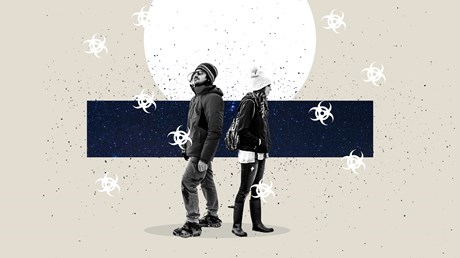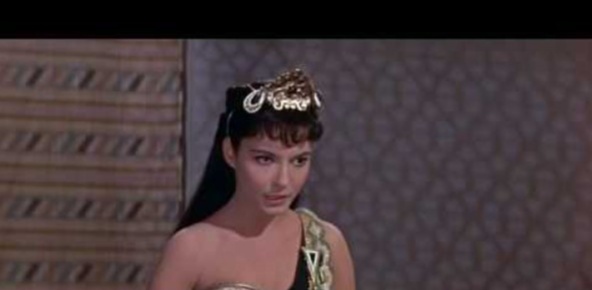What I learned from reading Albert Camus’s ‘The Plague’ during the pandemic.

Perhaps the easiest way of making a town’s acquaintance is to ascertain how the people in it work, how they love, and how they die.
That’s how Albert Camus, the French philosopher and author, introduces the port town of Oran early on in his novel The Plague. I found myself reading the novel and discussing it with students this fall at Wheaton College. In fact, it’s the college’s Core Book for the year, which means that the whole campus is reading, reflecting upon, and discussing it as an act of communal learning during this season of Advent and throughout the year.
The novel tells the story of the citizens of Oran and how they respond when their town is overrun by an outbreak of the plague, which Camus, an atheist, based on historical events. One of the characters in the novel, Dr. Bernard Rieux, embodies Camus’s absurdist philosophy, which affirmed that humanity’s only option when confronted by the absence of any inherent meaning in life was simply to recognize the absurdity of our condition and live in the tension.
“Oh, I know it’s an absurd situation,” Dr. Rieux remarks at one point in the story, “but we’re all involved in it, and we’ve got to accept it as it is.” Camus knew that such a view stood at odds with the Christian faith, and he even compared it to other classical heresies. His philosophical shrug of the shoulders—sure, it’s a bizarre and meaningless reality, but what can you do?—was a far cry from the Christian affirmations of God’s good creation, divine providence even in the midst of suffering, and Jesus’ willingness to take on human flesh.
All of which would seem to make The Plague an odd selection for ...
from Christianity Today Magazine
via




.gif)

.gif)
.gif)
